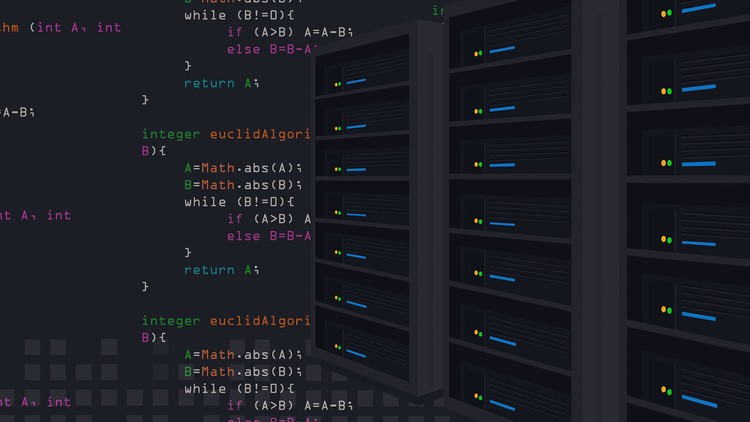Linux Tutorials and Projects (Free)
- Description
- Curriculum
- FAQ
- Reviews
- Grade

In this course, you will learn how to:
- Install an SSL Certificate on CentOS Linux and Apache
- Load Balance HTTP and Web Traffic Using Nginx
- Configure MySQL Master-Slave Replication on Ubuntu Linux
Hello. My name is Jason Cannon and I’m the author of Linux for Beginners, the founder of the Linux Training Academy, and an instructor to thousands of satisfied students. I started my IT career in the late 1990’s as a Unix and Linux System Engineer and I’ll be sharing some of my real-world Linux experience with you throughout this course.
When you enroll, you get lifetime access to the course. Your course never expires. You can study at your own pace and refer back to the lessons whenever you want!
Enroll now!
-
2Installing Passbolt Community Edition on AlmaLinux, CentOS, RHEL, & Rocky Linux
In this video tutorial, you'll learn how to install and configure a free, open-source alternative to LastPass called Passbolt. This tutorial covers Alma Linux, Rocky Linux, CentOS, and RedHat Enterprise Linux.
-
3Passbolt Quiz
-
4Set Up a Free SSL Certificate on AlmaLinux with Let's Encrypt and Nginx
In this lesson, you will learn how to install a free SSL certificate from Let's Encrypt on AlmaLinux using Nginx. You can use the same process on CentOS, Rocky Linux, and RedHat Enterprise Linux (RHEL).
A secure socket layer (SSL) certificate is essential for protecting sensitive information exchanged between your website and its visitors.
You can easily secure your website for free by using Let's Encrypt, a non-profit certificate authority.
-
5Let's Encrypt / Nginx Quiz
-
6HTTP Load Balancing with Nginx
This video will teach you how to use Nginx as a web load balancer.
-
7How to Configure MySQL Master-Slave Replication on Ubuntu Linux
Here, you'll learn how to configure MySQL Source-Replica Replication.
-
8Installing an SSL Certificate on CentOS Running Apache
In this video lesson, you’re going to learn how to install a valid SSL certificate on a CentOS Linux Server running the Apache web server. By the way, the SSL certificate you’ll install will be issued by Let’s Encrypt entirely for free. Traditionally, you’ve had to pay for SSL certificates and renew them every year. With Let’s Encrypt that’s all changed.












